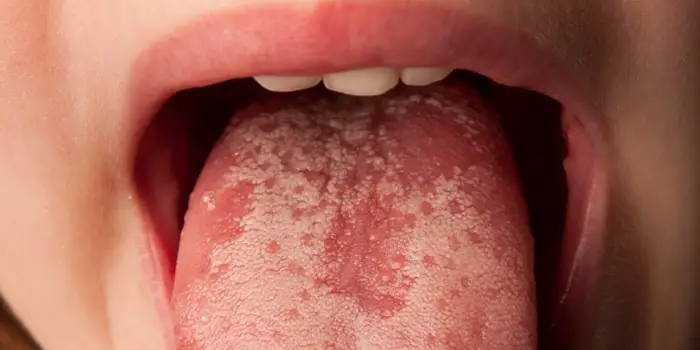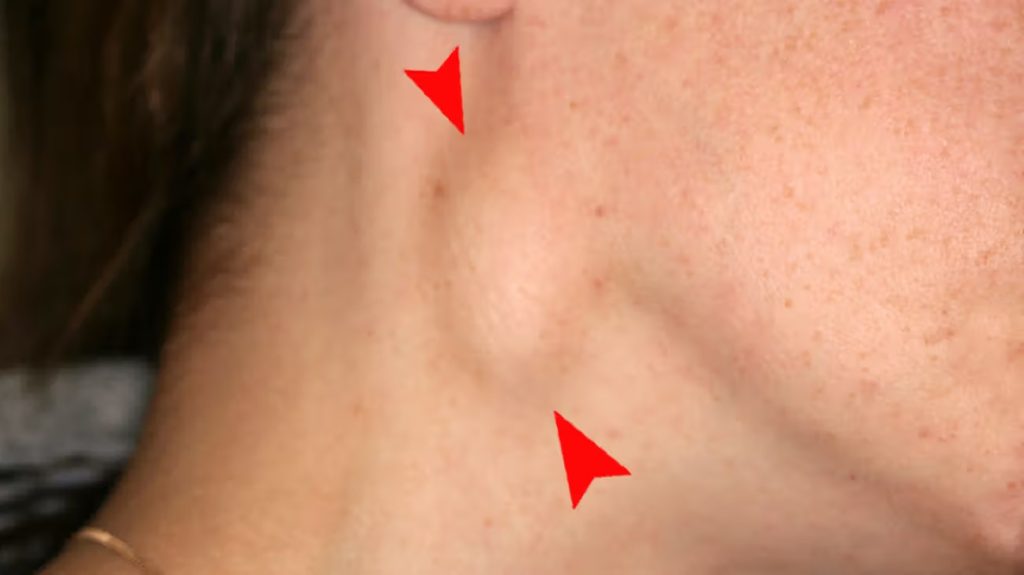1. Bumps or Wart-Like Growths on the Lips
One of the most overlooked signs is small, rough, wart-like bumps that appear on or around the lips. These growths, often mistaken for common warts or cold sores, can be an early sign of abnormal tissue changes. If the bump continues to grow, feels hard, or bleeds — get it checked immediately.
2. Persistent White Patches on the Tongue

A tongue that looks coated in white — especially with thick, uneven patches — could signal leukoplakia, a condition linked to long-term irritation and sometimes to oral cancer. This is not the same as the white film from dehydration or a brief illness. If the patch stays for more than two weeks, it needs attention.
3. Unhealed Sores or Ulcers on the Lips
A small blister or sore on the lip that doesn’t heal over time — especially if it’s painful, bleeds easily, or becomes crusty — could be more than just a cold sore. Persistent lesions are one of the most common early signs of oral cancer and are often ignored until they worsen.
4. Redness or Inflammation in the Throat

Chronic throat irritation, redness, or the feeling of something stuck in your throat can be an early symptom of mouth or oropharyngeal cancer. This symptom often gets mistaken for allergies or seasonal infections, but if it persists or worsens, don’t delay a medical checkup.
5. Unusual Skin Rashes on Palms or Feet
This may seem unrelated, but certain cancers — including oral cancers — can cause secondary skin symptoms such as red rashes or spots on the hands and feet. While not a direct symptom of mouth cancer, it may be part of a wider systemic response in the body.
6. Hard Lump or Swelling Near the Jaw or Neck

Although not shown directly in the image, a persistent lump or swelling under the jaw, in the neck, or around the cheek area often accompanies deeper tumors in the mouth or throat. If it doesn’t reduce or feels firm and fixed in place, it could be cause for concern.
So What Should You Do?
-
Don’t panic if you have one of these signs briefly — many are caused by less serious issues.
-
But if any symptom lasts more than 2–3 weeks, or keeps coming back in the same spot, see a doctor or dentist.
-
Early detection is key: Mouth cancer is highly treatable when caught early.


